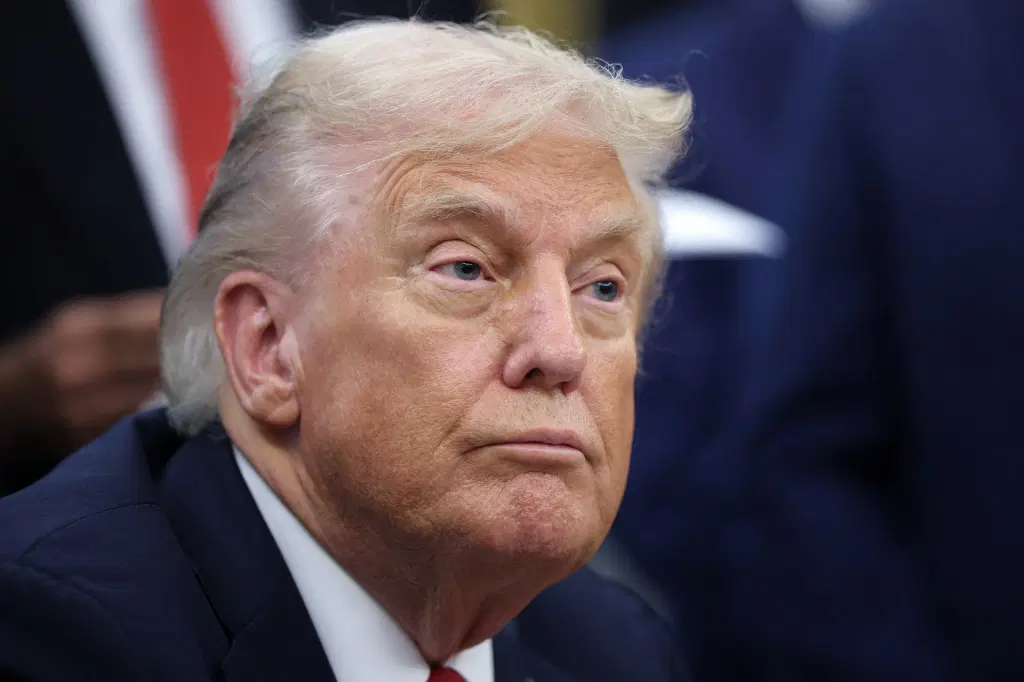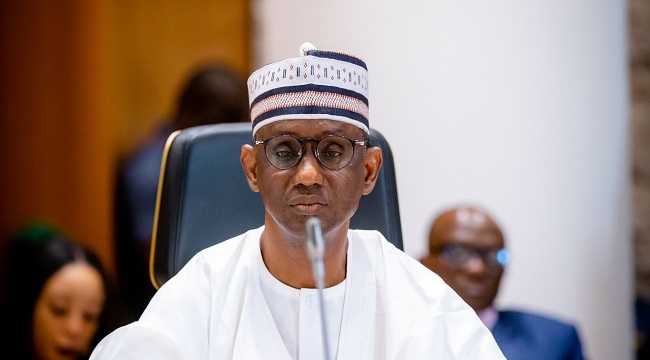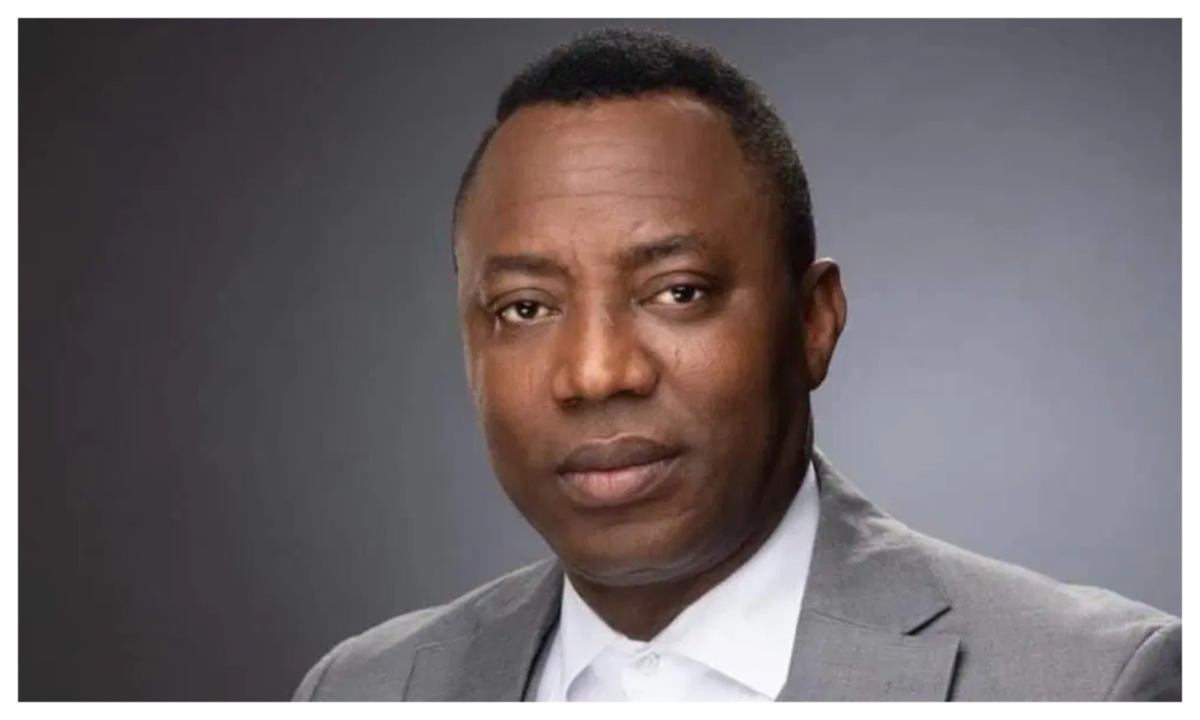The United States is reportedly unhappy with Nigeria’s refusal to accept former President Donald Trump’s proposal to host American deportees and establish a U.S. military base in the country. According to a civil society organisation, this disagreement — not claims of Christian persecution — is behind recent tensions between both nations.
Chairman of the Grassroot Advocacy for Peace and Good Governance, Usman Anache, made this known during a press briefing in Birnin Kebbi on Monday. He said the U.S. had approached Nigeria with a request to build a military base after withdrawing its troops from Niger, Mali, and Burkina Faso, as part of efforts to strengthen its monitoring of West Africa. However, the Nigerian Government turned down the offer, a decision that did not sit well with Washington.
Anache added that Nigeria’s decision to register as a member of the New United Bloc (BRICS) further strained relations, as it signalled a shift toward stronger ties with emerging global powers. He accused the U.S. of trying to undermine Nigeria’s sovereignty through religious narratives, saying, “The calculated attempt to weaken Nigeria’s independence has failed before, is failing now, and will continue to fail.”
He commended Christian leaders who have publicly countered Trump’s comments, noting that insecurity in Nigeria affects both Christians and Muslims. Anache also praised the Federal Government for its commitment to maintaining peace in West Africa, urging it not to yield to external pressure or manipulation.
“The divisive tactic of using religion to split Nigerians has been their plan since 1960, but it will never succeed — not now, not ever,” he said.
Mediaplusng.com reports that the statement has drawn public attention to the complex interplay of geopolitics, religion, and sovereignty shaping Nigeria-U.S. relations. Analysts suggest that the Federal Government’s firm stance on independence may redefine diplomatic dynamics between Abuja and Washington in the coming months.
Mediaplusng.com continues to monitor the development and its potential implications for Nigeria’s foreign policy and regional stability.



